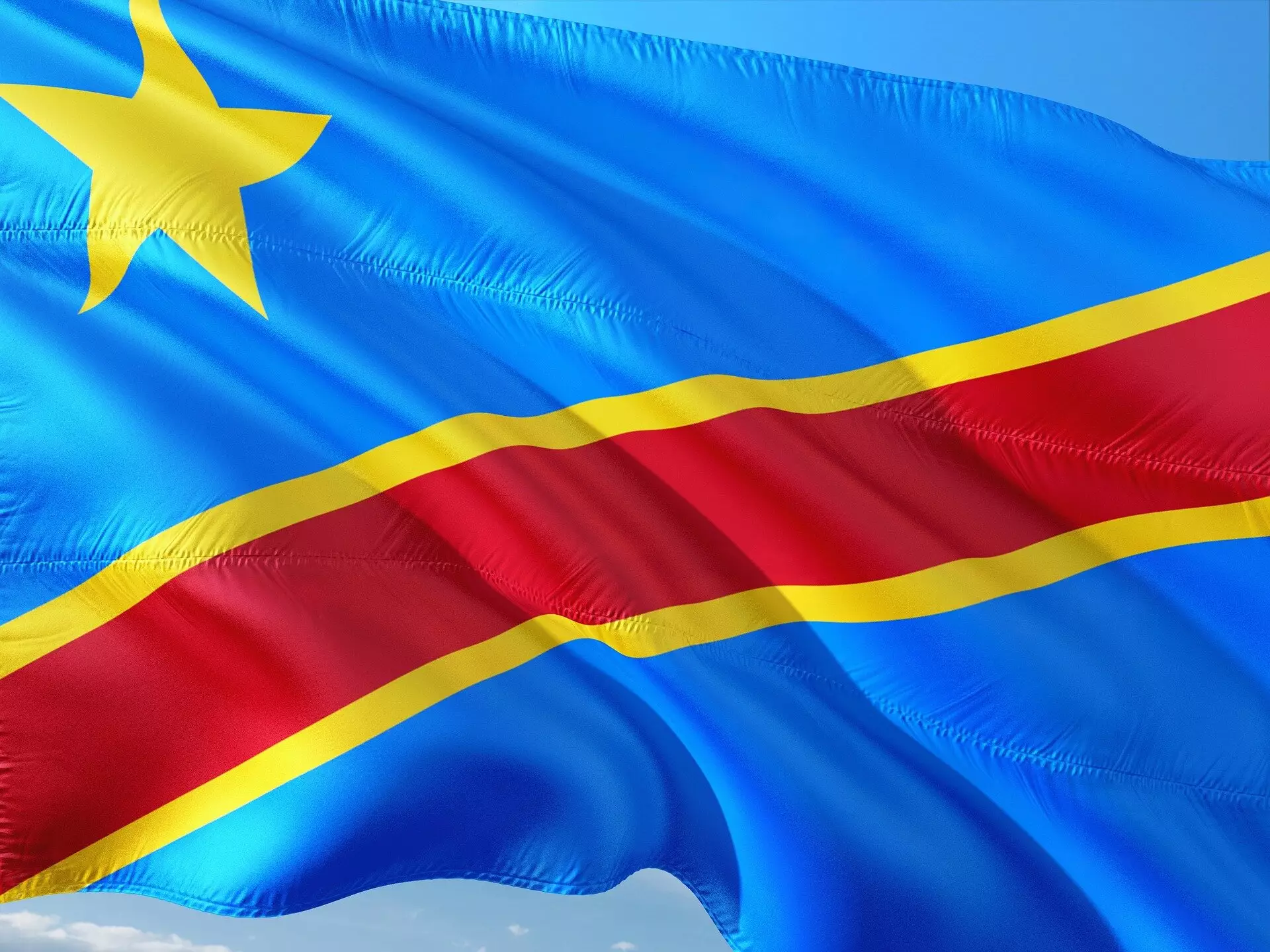The Democratic Republic of the Congo (DRC) is fundamentally recognized as a powerhouse in the cobalt market. As the world’s largest producer, it supplies an astonishing 70% of the global cobalt demand, an essential mineral driving the energy transition towards electric vehicles (EVs). Cobalt’s unique properties play a vital role in battery performance, making it a linchpin in the race towards sustainability and electrification. With the shift in global attention towards clean energy, the spotlight on cobalt, particularly DRC’s vast reserves, continues to intensify. However, a closer examination reveals that this resource-rich country, often caricatured as a victim of foreign exploitation, holds subtle yet significant levers of influence in shaping the global cobalt landscape.
Research conducted on the ground in both the DRC and China highlights a complex interplay between local governance and international interests. While foreign stakeholders, particularly Chinese firms, dominate the processing and utilization of DRC’s cobalt, our investigation sheds light on the DRC government’s surprisingly robust control over mining policies and practices. Local decisions made in Kinshasa, the country’s capital, or districts like Kolwezi resonate through international supply chains. The DRC government, leveraging its position, has demonstrated the capability to invoke immediate changes impacting global cobalt production. For instance, the suspension of exports from a major Chinese-owned cobalt mine in 2022 underscores the government’s strategic intervention, causing significant disruptions in supply.
Despite this influence, the tangible benefits of cobalt mining rarely trickle down to local communities. A staggering 74% of the DRC’s population lives in poverty, a testament to the disconnect between mineral wealth and local welfare. While some mining revenues are funneled to the government, communities near cobalt mines often grapple with persistent challenges such as pollution and hazardous working conditions. The continual suffering of these populations raises critical questions about the equity and sustainability of the cobalt industry.
The mining history of cobalt in the DRC is steeped in colonial exploitation, dating back to the Belgian colonization from 1885 to 1960. This legacy of extraction without equitable compensation has left deep scars in the socio-economic fabric of the country. The current mining landscape reflects remnants of this historical exploitation, where a significant portion of wealth generated from cobalt continues to leave the DRC, primarily benefiting foreign entities.
As we analyze the local mining practices, it becomes apparent that the majority of artisanal miners face dire working conditions. An estimated 150,000 individuals work in the artisanal sector under perilous circumstances, with many suffering from life-threatening incidents related to collapses and exposure to toxic substances. The grim reality is exacerbated by the presence of child labor; approximately 40,000 children work in these hazardous environments, raising ethical alarms across the global supply chain. When juxtaposed with the global demand for cobalt in green technologies, the human cost of extraction becomes glaringly evident.
International Responsibilities
In light of these dynamics, it is imperative for countries like the United States and China to reassess their approach towards resource-rich nations such as the DRC. Rather than viewing these regions merely as suppliers of raw materials, there is a pressing need to engage them as essential partners in the energy transition narrative. This partnership could be fostered through initiatives aimed at local value addition, ensuring a fairer distribution of profits derived from natural resources.
Advocating for localized supply chains and increased investment in domestic processing capabilities can transform the socio-economic landscape for the DRC. By nurturing homegrown industries, the DRC could retain a greater share of the cobalt value chain, leading to improved living conditions and sustainable development. Creating an inclusive dialogue that integrates the voices of local communities into decision-making processes is crucial for achieving an equitable energy transition.
Charting a Path Forward
Our research uncovers that the future of cobalt and its role in the electric vehicle market is not solely dictated by large corporations or nation-states; local politics play an integral role in shaping this industry. Changes in governance at the provincial level can directly influence production dynamics, showcasing the important intersection of global supply chains and local governance. Moving forward, it is crucial for policymakers, companies, and global citizens to understand these nuanced power dynamics. Emphasizing fairness and responsibility in mineral sourcing will not only support the people of the DRC but also pave the way for a cleaner, more sustainable future for the planet. By addressing the challenges within the DRC’s cobalt sector and amplifying local voices, we can work collectively towards a more just and equitable energy transition that honors both the environment and its inhabitants.


Leave a Reply